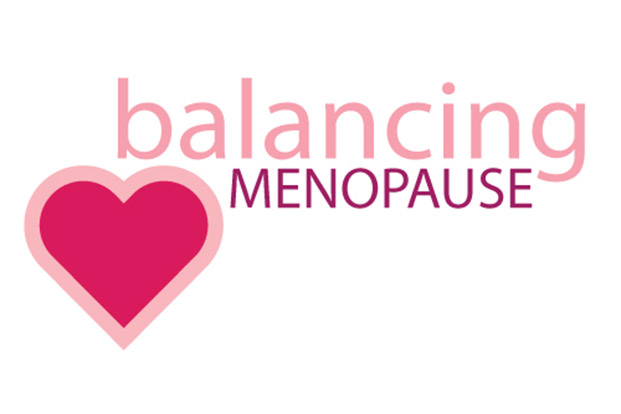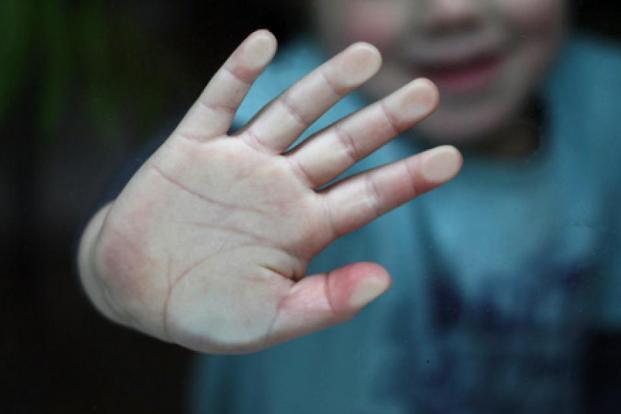Categories
- Bariatric Surgery (11)
- Black Fungus (5)
- Bone Marrow transplant (3)
- Brain Tumor Surgery Navigation Technology (20)
- Cardiac Surgery (66)
- Cardiology (97)
- Computer navigation technology for joint replacements (20)
- Covid Vaccination (17)
- Critical Care (2)
- Dental (19)
- Dermatology (31)
- Dialysis Support Group - “UTSAAH” (11)
- Dietitian (33)
- Emergency Medicine (4)
- Emotional Health (11)
- Endocrinology (33)
- ENT (20)
- Gastroenterology and GI Surgery (53)
- General and Laparoscopic Surgery (21)
- General Surgery (4)
- Gynecology & Obstetrics (183)
- Hematology (20)
- Internal Medicine (294)
- Kidney Transplant (50)
- Kidney Transplantation (20)
- Lung Cancer (8)
- Minimal Invasive Surgery (1)
- Mother & Child (20)
- mucormycosis (5)
- Nephrology (61)
- Neurology (147)
- Neurosurgery (68)
- Nutrition and Dietetics (107)
- Omicron Variant (1)
- Oncology (288)
- Ophthalmology (10)
- Orthopaedics & Joint Replacement (86)
- Paediatrics (59)
- Pediatric Nephrology (3)
- Physiotherapy (5)
- Plastic & Reconstructive Surgery (6)
- Psychiatry and Psychology (90)
- Psychologist (28)
- Pulmonology (72)
- Rheumatology (13)
- Spine Services (21)
- Transradial Angioplasty (16)
- Urology (84)
Query Form
Posted on Apr 19, 2022
PCOD: What You Need to Know
Women go through several changes in their lives- not just physical (weight, morphology, the genital area including ovaries, etc.) but also emotional. These changes take place from puberty to menopause. Here is an ovarian disorder that you must know how to detect.

Polycystic ovary syndrome (PCOS) is a female disease that occurs due to hormonal imbalance. Ovaries start to produce more androgens than estrogens and progesterone; this interferes with the release of the egg from the ovary during the menstrual cycle.
As a result, infertility occurs. And the ovaries are covered with cysts, small “sacs” with liquid.
Polycystic ovary syndrome is a disease in which there is a strong imbalance of sex hormones, and the reproductive function of the female body suffers. It is characterized by the formation on the ovaries of small cysts, as well as the thickening of the outer wall of the ovaries.
What promotes the appearance of this disorder?
The polycystic ovarian syndrome is most prevalent in women aged 18 to 44 years, so throughout the years during which they are fertile. The exact causes of PCOS are not known, but there is the genetic or environmental factor.
What are the symptoms?
It is tough for doctors to diagnose polycystic ovarian syndrome because it shows in many very different symptoms. Among them, oligomenorrhea (infrequent or irregular rules), amenorrhea (total absence of periods), polymenorrhea (very abundant menstruation), an increase in the volume of the ovaries, the appearance of small skin growths similar to raisins in the armpits or neck, browning and thickening of the skin of the neck, groin, armpits and skin folds, hair loss , acne , excessive hairiness, weight gain , etc.
How to cure polycystic ovary syndrome?
Unfortunately, the doctors cannot cure it. However, some treatments will help restore the hormonal balance or overcome symptoms such as acne (creams, care, and diet) and weight gain (sports, followed by a dietician). The women concerned must therefore closely monitor their health.
It is advisable to stay fit and do exercise, adopt a healthier diet and weight loss. And above all, it is best to consult a professional doctor for regular medical monitoring.



